Programs Offered
Associate in Applied Science Degree – Fall Admission
Associate in Applied Science Degree – LPN to ADN
Associate in Applied Science Degree – Spring Admission
Sample Courses
Program Information
End-of-Program Student Learning Outcomes
Practical Nursing
Graduates should be prepared to promote and enhance human flourishing for patients, families, communities, and themselves; to show sound nursing judgment; to continually develop their professional identity; and to maintain a spirit of inquiry as the move into the world of nursing practice, and beyond.
Upon completion of the Practical Nursing program, the graduate will upon licensure…
- Acknowledge the necessity for lifelong learning as a part of personal and professional development and growth.(1)
- Human Flourishing: Promote the human dignity, integrity, self-determination, and personal growth of patients, oneself, and members of the health care team.
- Nursing Judgment: Provide a rationale for judgments used in the provision of safe, quality care and for decisions that promote the health of patients within a family context.
- Professional Identity: Assess how one’s personal strengths and values affect one’s identity as a nurse and one’s contributions as a member of the health care team (Professional Identity).
- Spirit of Injury: Question the basis for nursing actions, considering research, evidence, tradition, and patient preferences.
Associate Degree Nursing
Upon completion of the Associate Degree Nursing program, the graduate will upon licensure…
- Acknowledge the necessity for lifelong learning as a part of personal and professional development and growth.(1)
- Human Flourishing: Advocate for patients and families in ways that promote their self-determination, integrity, and ongoing growth as human beings.
- Nursing Judgment: Make judgments in practice, substantiated with evidence, that integrate nursing science in the provision of safe, quality care and promote the health of patients within a family and community context.
- Professional Identity: Implement one’s role as a nurse in ways that reflect integrity, responsibility, ethical practices, and an evolving identity as a nurse committed to evidence-based practice, caring, advocacy, and safe, quality care for diverse patients within a family and community context.
- Spirit of Inquiry: Examine the evidence that underlies clinical nursing practice to challenge the status quo, question underlying assumptions and offer new insights to improve the quality of care for patients, families, and communities.
- This outcome reflects the college’s mission and goals related to life-long learning.
(1) The 2010 NLN Educational Competencies for graduates of Practical Nursing and Associate Degree Nursing Programs have been adopted by the faculty as the End-of-Program Student Learning Outcomes for the Rowan-Cabarrus nursing programs. The educational outcomes developed by the North Carolina Department of Community Colleges Curriculum Revision/Improvement Projects are incorporated into the End-of-Program Student Learning Outcomes of the PN and the ADN Nursing programs.
The Program Outcomes
The program outcomes of the Practical Nursing and Associate Degree programs are the standards for measurement of the effectiveness of the curriculum design.
1. Performance on Licensure Exam
- Graduates will pass the licensure exam at or above the national mean.
(NCBON standard – The Practical Nursing and Associate Degree Nursing programs shall maintain a three-year average at or above 95 percent of the national pass rate for licensure level pass rate on the first writing of the licensure examination).
2. Program Completion
- 60% of students entering the program for the first time will graduate.
3. Program Satisfaction
Graduates will achieve the following outcome expectations:
- 90% express satisfaction with the program of learning.
- 90% demonstrate satisfactory nursing practice to their employers reflecting the programs education outcomes.
4. Job Placement
- 90% of the students seeking employment will become employed as practical nurses or registered nurses within one year after graduation.
5. Lifelong Learning
- 100% of graduates will acknowledge the need for lifelong learning by participating in professional development activities.
6. North Carolina Board of Nursing Program Approval Status
- The Practical Nursing and Associate Degree Nursing programs will maintain full approval status.
7. Compliance with regulatory standards of the North Carolina Community College System and Southern Association of Colleges and Schools (SACS)
- The Practical Nursing and Associate Degree Nursing programs will be in compliance with the regulatory standards of these agencies.
8. Compliance with the regulatory standards of the Accreditation Commission for Education in Nursing (ACEN)
- The Practical Nursing and Associate Degree Nursing programs will maintain compliance with the ACEN accreditation standards.
